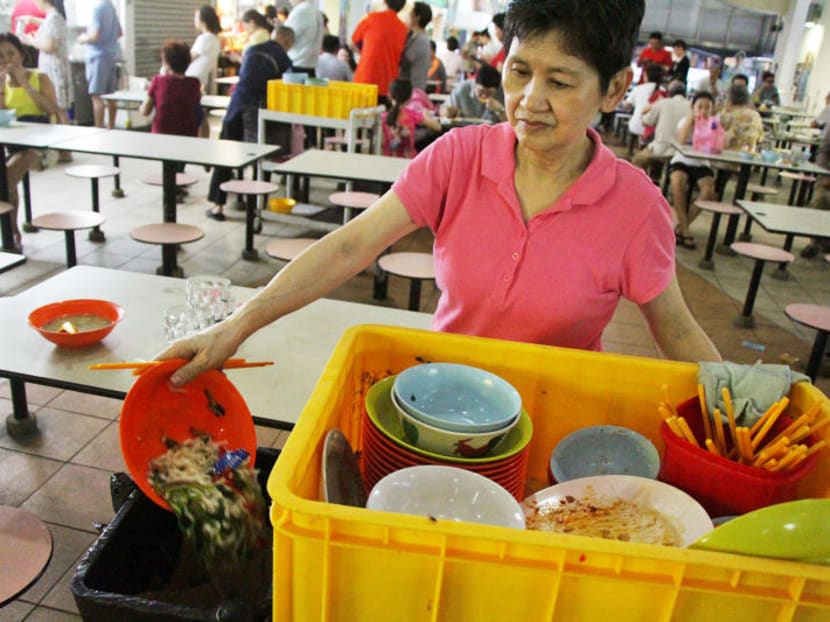
Singapore — a multicultural society famous for our diverse variety of international cuisines. In fact, food plays a very important role in Singapore. Duffy & Ng (2019) argue that food has a dual function in Singapore: Firstly, it is used in tourism to brand the country as a “country for consumption by tourists”. At the same time, it targets locals as a form of ‘banal nationalism’ to strengthen Singaporeans’ national identity.
However, our heavy reliance on food also results in its overconsumption. The National Environment Agency (NEA) reports that food waste accounts for about 11 per cent of Singapore’s total waste generated. The amount of food waste in Singapore has risen by 20 per cent in the last decade, generating around 744 million kg of food waste in 2029 (Towards Zero Waste, 2021).
Food waste can be generated by both consumers and businesses. A CNA commentary reported that in festive seasons, 40 per cent of food purchased end up in the bin. This is due to the reduced self-imposed restrictions on diets, the increased number of parties and bulk buys, and also due to the Asian mindset that excess food should be prepared in case the guests get hungry. Similarly, 40 per cent of food waste is generated by businesses such as food manufacturers and retailers, hotels, and shopping malls (Today, 2019).
Why is Food Waste Bad?
With insufficient land and natural resources to sustain our own population, Singapore has to import most of its food supply. Food in Singapore thus has a higher carbon footprint. Wasting food would mean that all the resources used in growing, transporting, and preparing the food have gone to waste. Land scarcity also implies that Singapore cannot afford to continuously increase the amount of space set aside for waste management.
Cleaning Up the Mess
Tackling the issue of food waste would hence need the co-operation of various groups — individuals, businesses, and society. The Singapore government has stated its intent to work towards a zero-waste nation. Currently, measures such as public education on minimizing food waste, imposing legislations, curating comprehensive food waste minimization guides for businesses, and developing new methods to sustainably treat food waste (see more) have been carried out.
References
Duffy, A., & Hui Xian, G. N. (2021). Edible communities: How Singapore creates a nation of consumers for consumption. Journal of Consumer Culture, 21(4), 782–799. https://doi.org/10.1177/1469540519876003